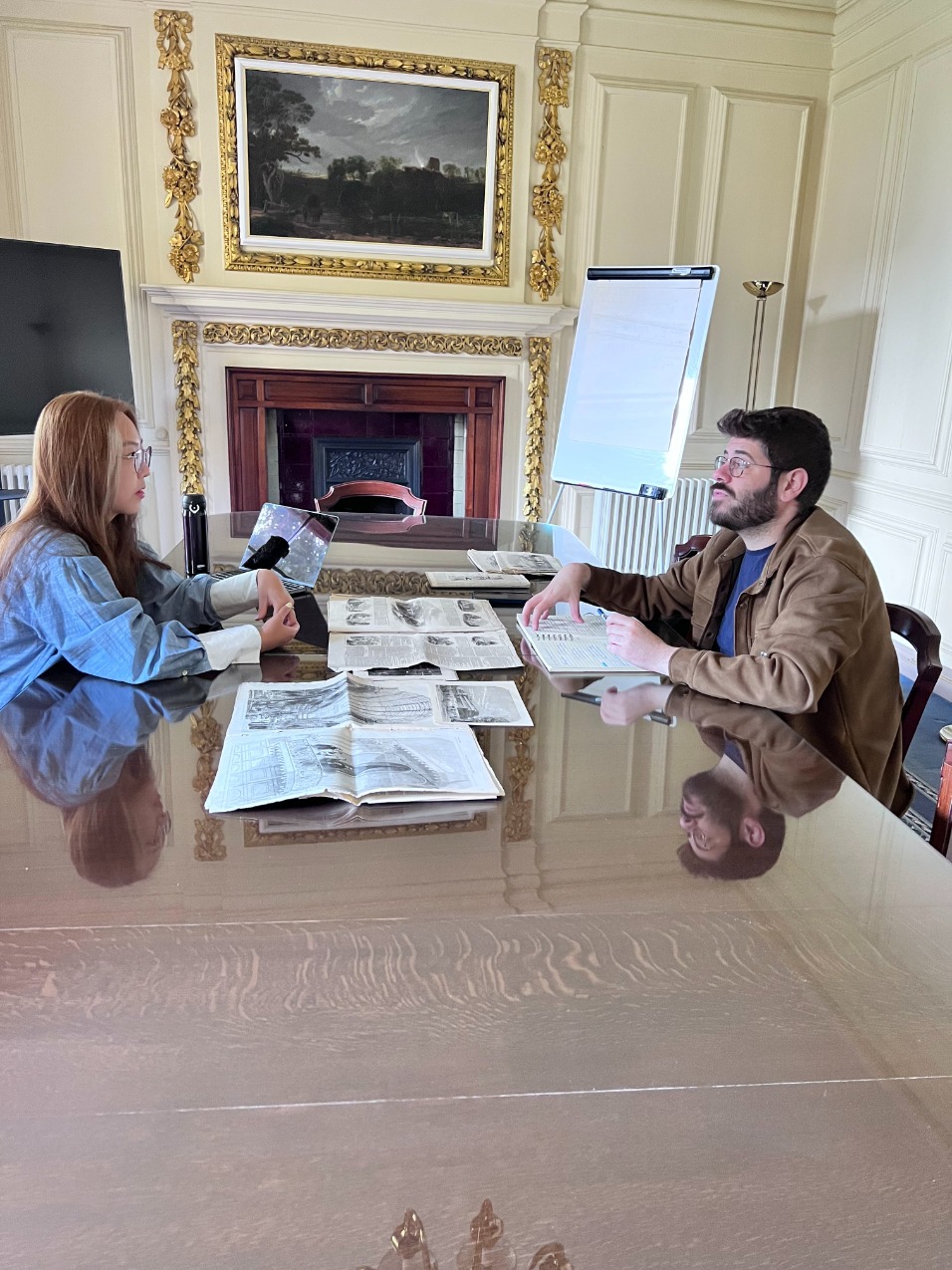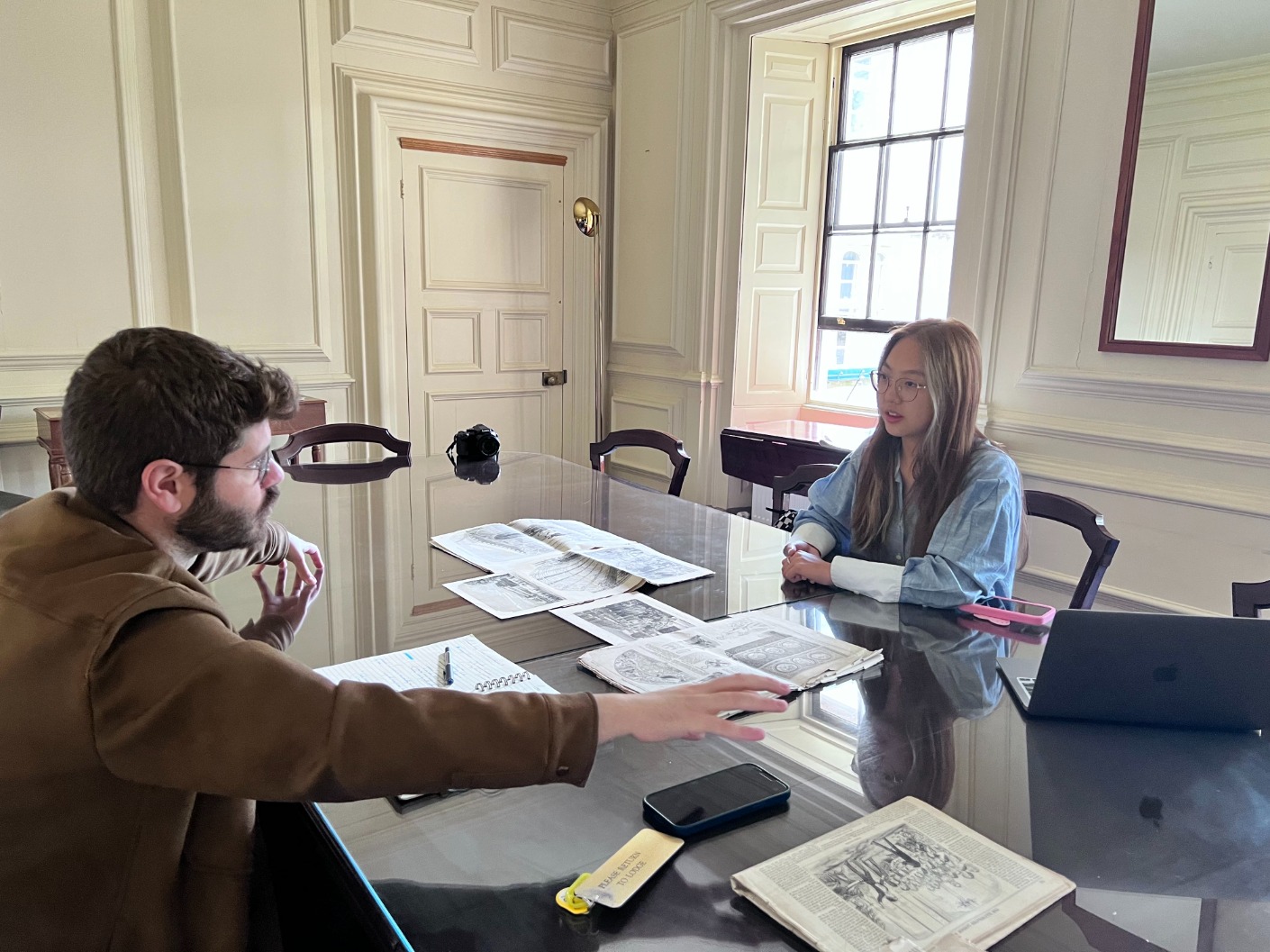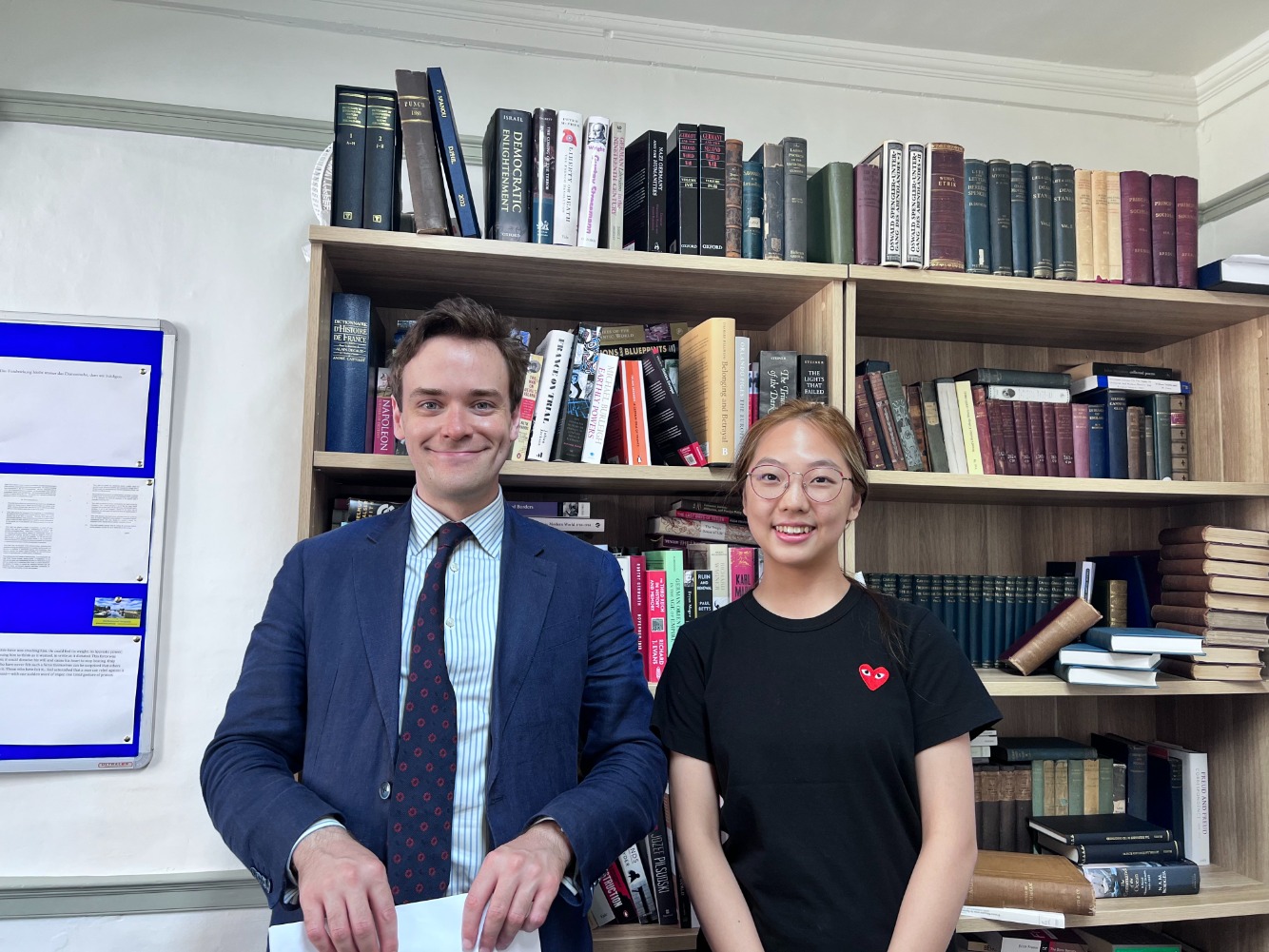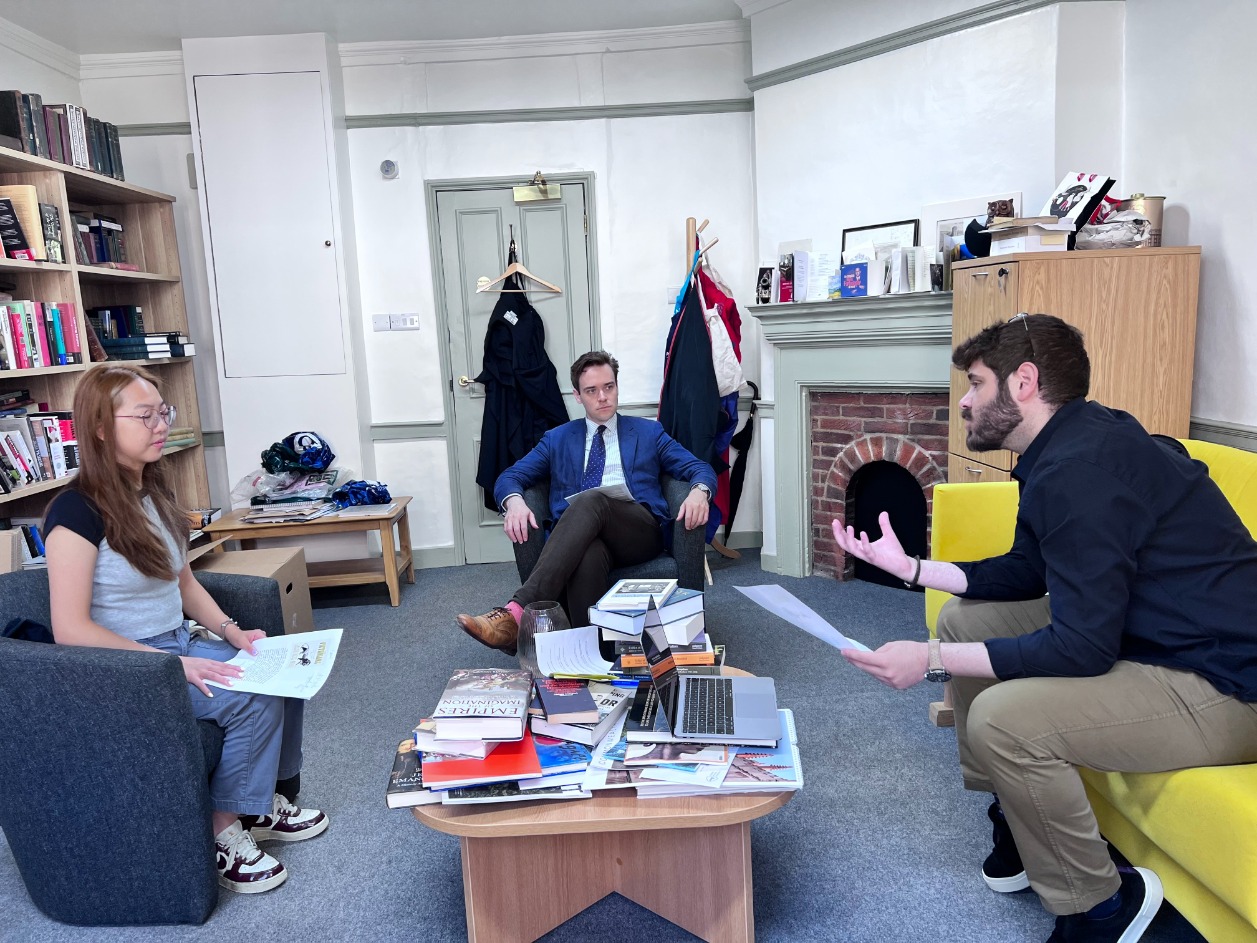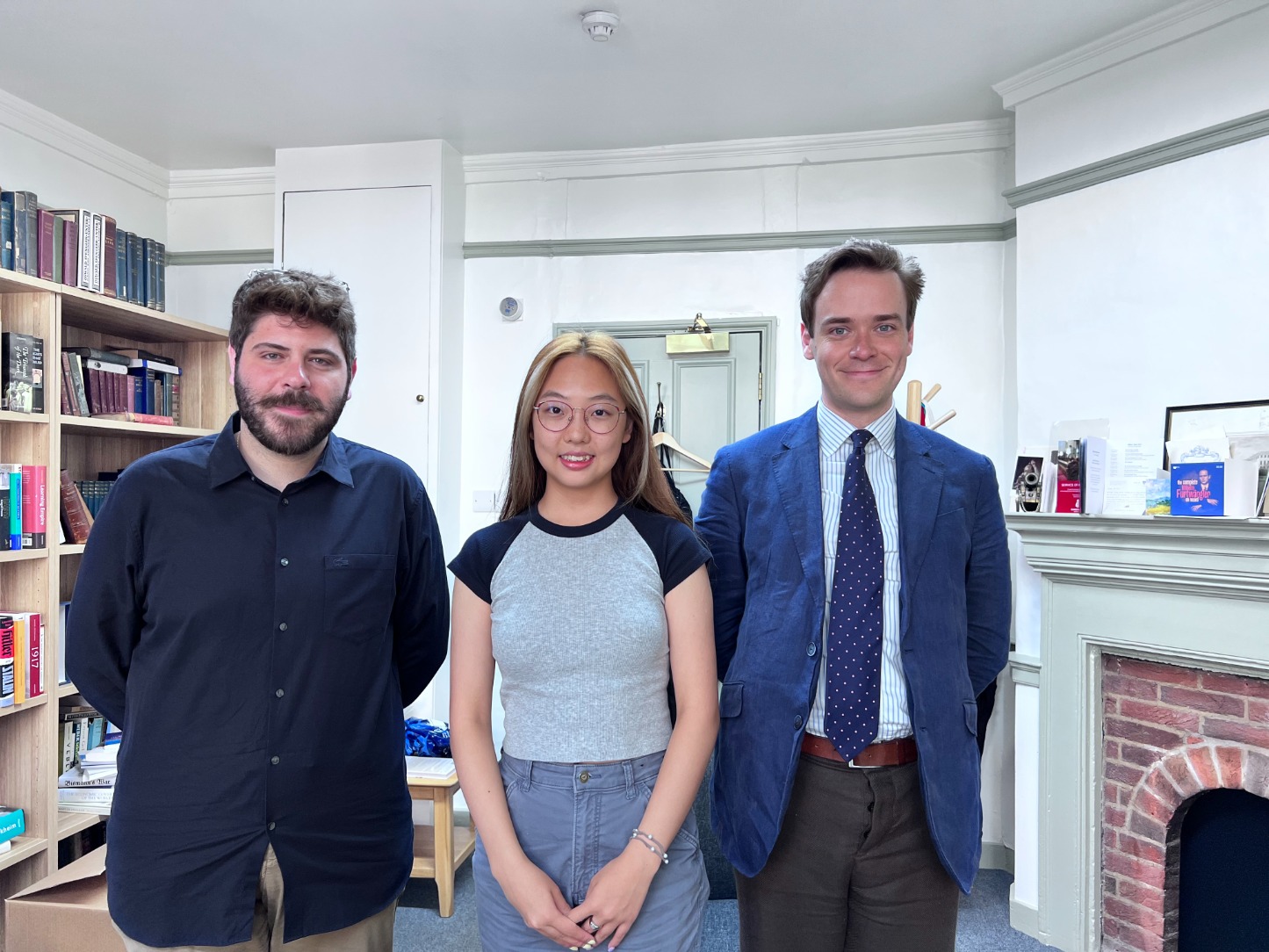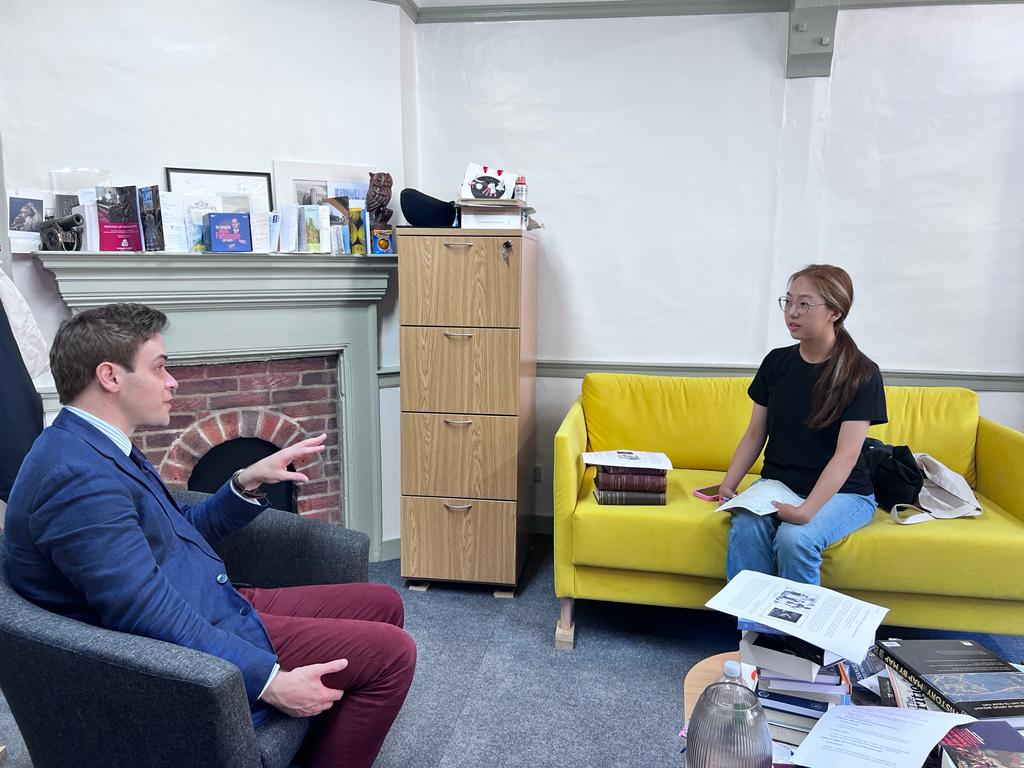Course
History
Ideas and society in Victorian Britain and the British Empire, 1815-1914
Oxford has the largest and the best university history faculty in the world, and our two history courses draw on the remarkable tutors here to present unique, interdisciplinary courses.
The first course uses the writing, art and architecture of Victorian Britain to explore the social, intellectual and cultural transformations of the age; and to address the ways in which contemporaries in Britain and the British colonies celebrated and critiqued Britain’s constitutional, economic, and imperial ‘progress’ during the century and also considers the strong criticisms of Victorian culture and society which developed within Britain.
This course takes special advantage of the buildings of Oxford, allowing you to view a series of important works of engineering and architecture from the period first-hand to better understand how the Victorian age helped build the modern world.
Course 2
New Approaches to the ‘Dark Ages’ in Britain, 410-1200
Historians are entering an exciting new phase of research and discovery, nowhere more than in the field of medieval studies, shedding light on the post-Roman period of British history, previously known as the ‘Dark Ages’. In recent years, there have been new archaeological discoveries thanks often to metal detectorists in the field, and new interpretations of texts and manuscripts. Scientists’ ability to extract information from objects and contexts has seen huge expansion. Today, historians are able to test pigments in medieval images, sample the DNA of corpses unearthed in medieval graves and use isotope analysis to establish their origins, often with surprising results. They can tell which pages of texts were most frequently handled, or even kissed. Women, the poor and immigrants have all taken centre stage, transforming our view. Analysed in new ways, the archaeological evidence can begin to establish emerging post-Roman trade routes, and climate change science can support textual reports of floods, famines and temperatures. In addition, technology is opening up new ways of examining, documenting and sharing knowledge.
This course, focusing on the kingdom of Northumbria whose Golden Age blossomed in the early medieval period in Britain, will use texts, objects and critical theoretical analysis to introduce students to a period of amazing goldsmithing, grave goods, stone crosses and rich texts such as the Lindisfarne Gospels and the Book of Kells as well as some less well-known. Students will learn how to look anew at archaeological finds, how to interrogate objects and manuscripts, and will discover something of the rich history of this formerly overlooked period in British history. They will leave the course with strong foundations for a multi-disciplinary understanding of the ‘Dark Ages’, renewed respect for sources such as saints’ lives, and a better appreciation of the challenges and rewards of studying history in this technological age.
Course Photos
Videos
Subject Tutors

Dr Petros Spanou
Petros is a historian of Modern Britain, with a particular interest in the intellectual, religious, and cultural history of the Victorian era. His research primarily examines how clerical and lay intellectuals addressed complex questions of war and peace which intersected with religion and morality. He completed my DPhil at Balliol College, Oxford in November 2022. My thesis examined intellectual, political, religious, and cultural debates during the Crimean War. He is currently teaching papers on 19th- and 20th-century British history.

Dr Margaret Coombe
Margaret is a historian, Foundation Fellow of Lady Margaret Hall, Oxford, and former Director of the Oxford Study Skills Centre. She teaches British History I (from Romans to Normans) and her personal interest is in the religious history of the north of England, especially on Latin manuscripts of saints’ lives produced in the twelfth century in Durham and the subsequent dissemination of the cults of those saints. She also supervises postgraduates who wish to focus on hagiography, medieval Northumbria, or medieval Latin biographical texts. In 2014 she was awarded the student-led OUSU teaching award for her work in study skills, and was nominated again in 2018. She has published on St Godric of Finchale and is currently working on manuscripts of the Life of St Cuthbert.

